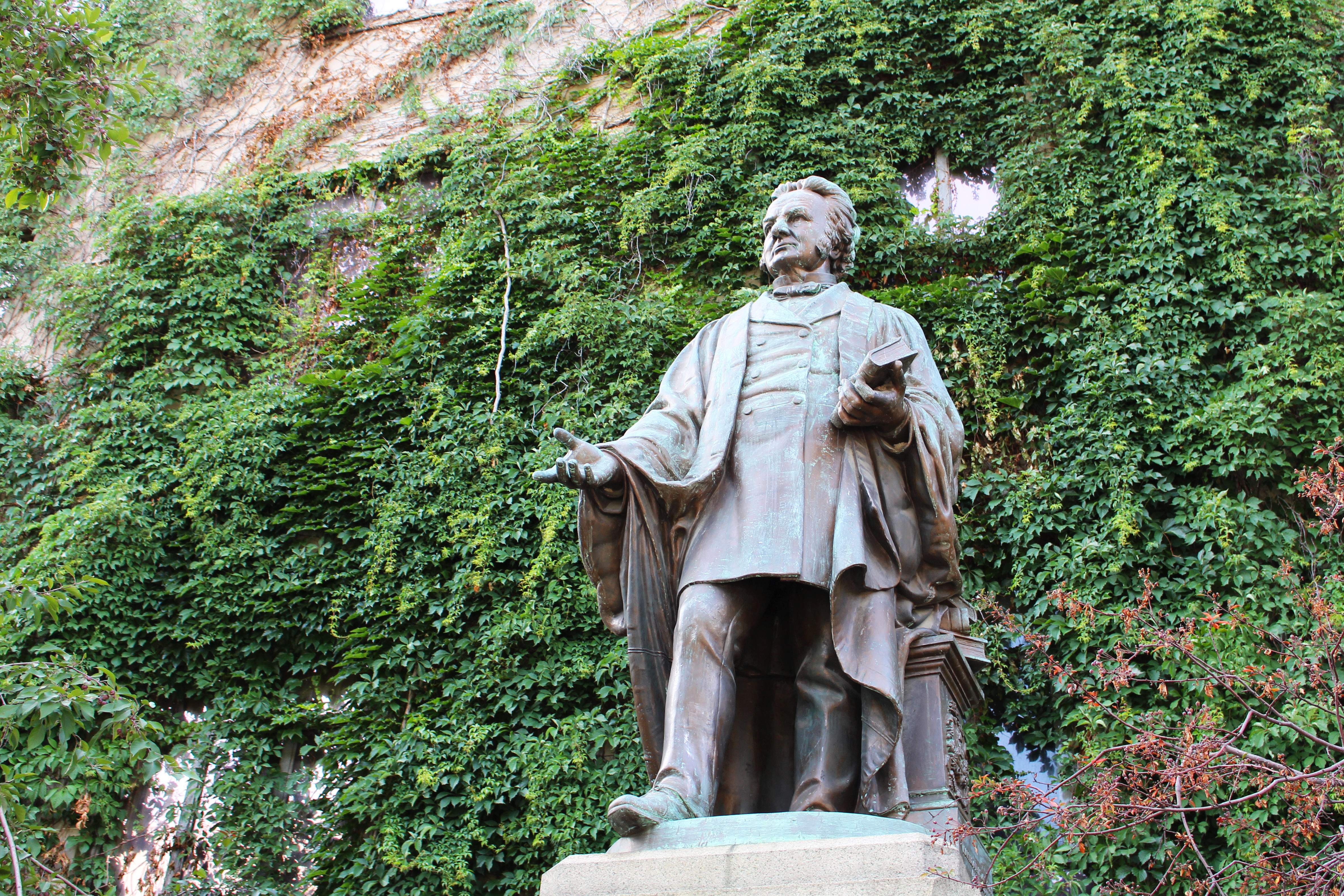
Ryerson has not hired any new full-time Indigenous faculty members since 2015, according to the latest Employee Diversity Self-ID report.
The report also showed that full-time Indigenous faculty hires in the university have decreased from eight per cent in 2014 to zero in 2016. Meanwhile, full-time promotions for Indigenous faculty decreased from two per cent to zero per cent from 2015 to 2016.
This academic year, Ryerson only has eight Indigenous faculty members, including three non-full-time hires this semester, said Tracey King, Aboriginal human resources consultant.
The eight Indigenous faculty includes two associate professors from FCAD, three assistant professors and one associate professor from the faculty of community services, along with one associate and one assistant professor from faculty of arts.
Indigenous faculty make up only one per cent and are the most underrepresented equity group on campus. Faculty members do not include contract or continuing education lecturers.
The Diversity Self-ID report was completed by around 6,000 employees by March 2016. The response rate for all employees was 83 per cent, with a 93 per cent response rate for full‑time faculty and an 89 per cent response rate for staff.
“It is possible that new hires did not fill out the Self-ID, however most do,” said Tamar Myers, director of strategic planning, assessment and special projects at the office of vice-president, equity and community inclusion.
Myers said the survey had close to a 100 per cent response rate from new full-time faculty hires, and that the report looks at hires over a one-year period.
The data also shows a significant gap between full-time Indigenous faculty and Indigenous students, who make up two per cent of the student population at Ryerson.
Caroline Riley, director of human resources consulting and labour relations, referred to the data as “the backwards regression of Indigenous staff and faculty.”
“Yet we’ve been talking so much about the importance of doing that, so that really set me back,” Riley told a panel during a Soup and Substance event on Sept. 18.
Continuing Education Students’ Association of Ryerson vice-president of equity and campaigns, Phyllis McKenna, said many Indigenous professors from Ryerson transferred to other universities because they were not offered full-time or tenured positions at Ryerson.
“It is a known fact that we all learn better when we can identify with the people in front of the room,” said McKenna.
Ryerson president Mohamed Lachemi said attracting more Indigenous faculty and staff helps the university attract more Indigenous students.
“We made it very clear, last year and this year, that our priority is to attract more Indigenous faculty and staff,” Lachemi told the Ryersonian.
“This year alone, we have committed to hire three Indigenous-focused faculty positions,” he said. “Of course, the hiring process is a long process and we are hoping that during the year we will be able to identify really some solid candidates for those positions.”
According to King, Ryerson works to hire more Indigenous faculty to “close the socio-economic gap” experienced by Indigenous people.
“We must embrace diverse Indigenous students, staff and faculty and Indigenous knowledge in its many forms, in order to have full Indigenous inclusion across all levels of the university community,” said King, whose spirit name is Essinhs Kwe, which means Little Shell Woman.
In a 2017 article, King wrote that Western employers “remain heavily focused on credentials and industry-specific work experience without much attention paid to transferrable skills and experiences” which limit their candidate pool.
She gave the example of comparing a candidate with an undergraduate degree to a candidate with a college diploma with additional training, work and volunteer experience. “The reality is that often hiring managers select the most obvious credentialed candidate,” she wrote.
King said she hopes Indigenous people won’t experience barriers when it comes to accessing opportunities to have a better quality of life, or mino-bimaadiziwin. Mino-bimaadiziwin is the Anishinaabe word meaning “to live a good life in relationship with the total environment.”
Lidia Abraha contributed to this story

